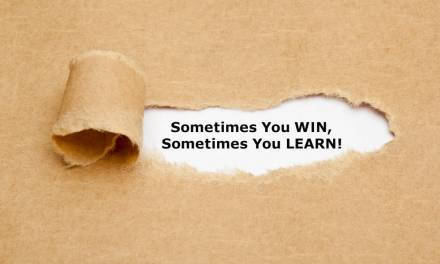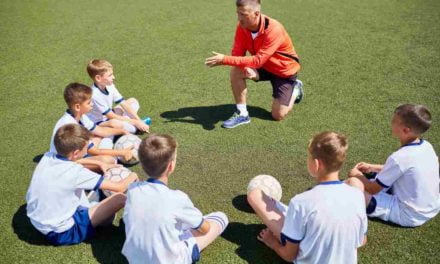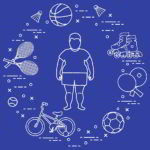We know that playing sports helps children to develop valuable life skills and helps to embed an interest in health and fitness.
However, there are many other developmental benefits that come from being involved in sports and various character-building opportunities.
Winning games can help children to experience how hard work can result in success and individual performance can build a child’s confidence, as well as developing teamworking skills when playing teams sports.
However, there is also a lot to learn from losing.
The importance of learning to lose
Psychology Today delves into the topic of losing and how many young children try to cheat in order to win games.
As they start to mature and play sports with rules, they learn that the best way to avoid losing is to get better at the activity, rather than resorting to cheating.
The advice given by Kenneth Barish Ph. D regarding ‘letting children win’ is interesting. He suggests allowing children to win sometimes helps them to balance out the disappointment of losing with feelings of victory.
It is also important for us to keep in mind that, from the point of view of child development, the philosophy of Vince Lombardi (“Winning isn’t everything, it’s the only thing”) is profoundly wrong and teaches exactly the wrong lesson.
There is much more than winning that makes competition an important socializing experience: Children should learn from competition the importance of teamwork and cooperation, of commitment to others and respect for our opponents, and, especially, learning to play by the rules. Although they may sometimes seem arbitrary to children, rules are there for a reason. We need to demonstrate these reasons to our children.
Preparing for life’s setbacks
Learning to lose sports will teach children that life will not always go exactly how they want it to.
You will get knocks and setbacks that will feel like failure but that feeling is only temporary. The next time you win or feel some form of success, that disappointment of losing will lessen or even disappear completely.
If children win all of the time, they may take it for granted that they will always win, therefore not work as hard as they would if they knew what it felt like to lose. So, losing can act as a strong motivator to train harder.
Young athletes will sometimes train with older athletes to give them an understanding of what it is like to lose, if they are at a higher level than their own age group.
Parenting expert and author Christine Carter advises that:
Children who do not experience losing can grow up to be anxious, because they start seeing the possibility of not winning as some form of harm and they cannot deal with situations that do not go their way.
Bad losers
You often see with top athletes that losing can bring out a less attractive side to their personality.
Tennis player John McEnroe was notorious for his on-court outbursts when results did not go his way. He certainly isn’t alone and most sports events that have ever taken place have featured some ungracious losers who have probably not had much experience of losing throughout their own development.










